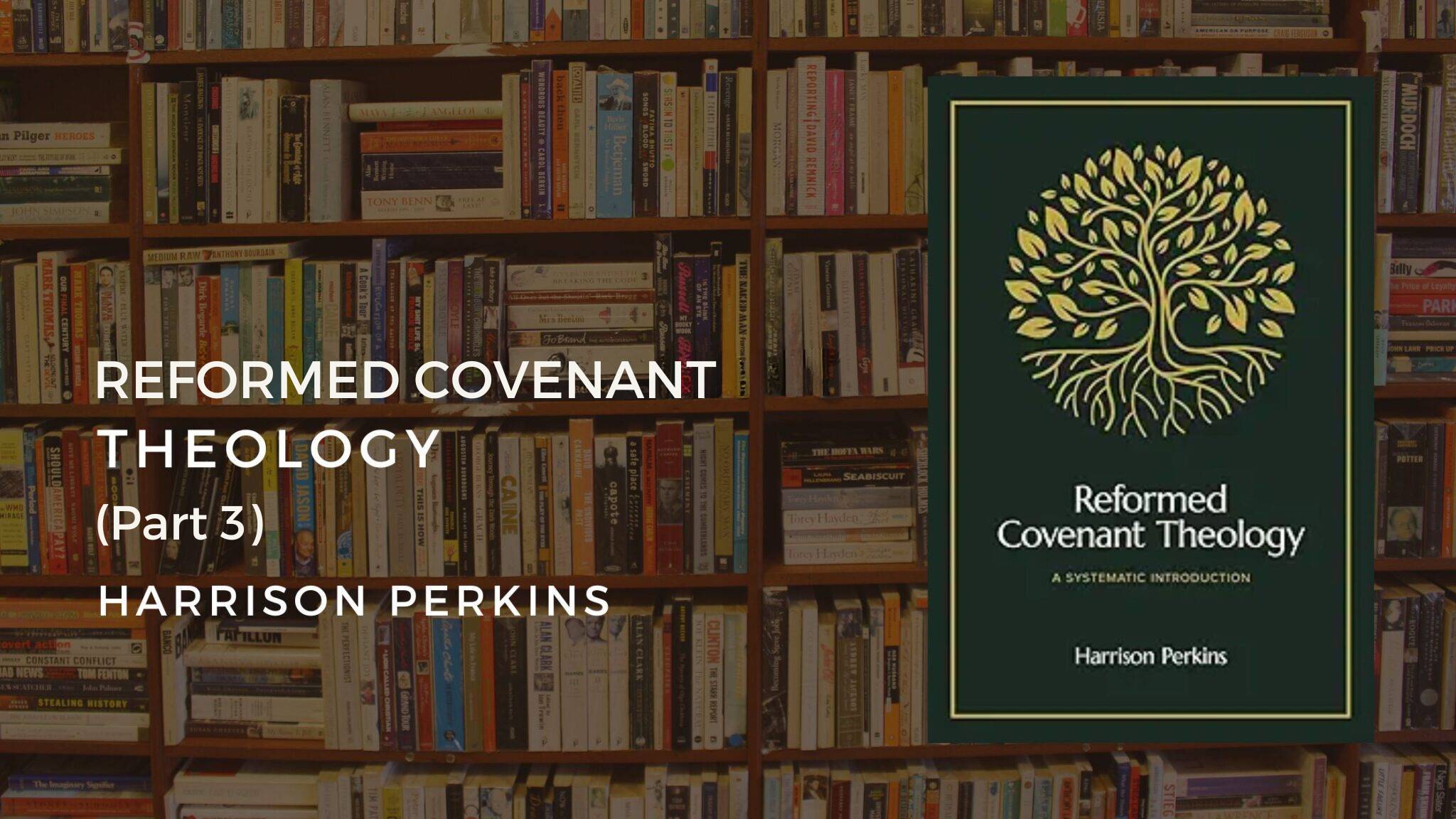Creation and Communication
Without the creation of Adam and Eve the whole sequence of days which preceded them would be a rather futile exercise. If the sequence found in the Bible’s very first chapter is to signify anything as a sequence, it had to be an actual seven day sequence. Otherwise it is hard to see why ordinal numbers would be used to describe the process.
Also, without observers capable of recognizing and wondering after God’s wonders around them, God’s disclosure, and with it what we call Theology, would be a moot: and so would everything else beyond the Divine Eternity. God did not have to create to satisfy any longing within Himself. Although the ideas within the mind of the Creator which led up to Him becoming a Creator are not vouchsafed to us, we must realize that since love is communicative at its core, any creation by the God of love would be language-based. This is why the creative days lead up to man and God’s speaking to man. Man is communicative through language for the main purpose of talking back to God in love. A loving Creator will make a talking creature; someone to converse with and who will talk to Him. This is what human beings are. This is our status, our purpose in the world. Without mankind the world is just a great museum.
To create, the Lord of all things had to impose a purpose upon things. Something for them to do which, though it might reflect His glory in some way, would also make it other than His own majesty. Creation has an integrity all its own. Though it all depends on God moment by moment, yet it has its own God-given value, and is as real as its Maker.
Within this created reality God has placed human beings. Though not hailing from the same conservative viewpoint as myself, Wright and Fuller sum up the Bible’s opening account admirably.
The creation story of Genesis remains unique among the many myths, legends, and scientific explanations provided by the ancient and modern worlds. The opening phrase sets the tone for the whole presentation: ‘In the beginning God…’ God stands at the beginning of all things as their Creator. And this God is not a capricious deity or a blind force; he is not a mere ‘principle of order’; he is a person, who created a good and beautiful world which reveals his glory, his power, and his love. And in the center of this marvelous creation is man, the climax of God’s work, set here as a steward, responsible to his Creator for all he does with the world over which he is given dominion. – G. Ernest Wright & Reginald H. Fuller, The Book of the Acts of God, 49
We “know” God and we image God (Gen. 1:26-27). Thus, “Theology”, the knowledge of God and His works, is the first knowledge available to man. It is the source and context of all other knowledge open to his ken. It does not appear so now because there is something radically wrong with how man thinks. His source and context has shifted more onto himself than his Maker. Our plight is, therefore, in a deep sense, hermeneutical. Our interpretation of our environment was intended to be a Divine – human co-operative affair. All the masses of knowledge which we would acquire would be “wise knowledge” (chokmah), informed by our relationship with our benevolent Lord. To anticipate the end of the story, this is how it will be after Jesus returns, and in the eternal kingdom. So the Book of Proverbs reminds us that “The fear of the LORD is the beginning of knowledge,” (Prov. 1:7), where “knowledge” is a synonym for wisdom (as seen in the companion verse, Prov. 9:10).
God the Creator stands behind all true knowledge (as opposed to ‘knowledge falsely so called’ – 1 Tim. 6:20). And as Adam and Eve came from the hand of God they appear as knowing, communicating beings, fully able to hear and learn from God. The devastation of the Fall, which warped our environment and our senses, instilled in us an independent path of interpretation. It also had the effect of lessening our cognitive powers. As magnificent as are the achievements of men and women (at least from our own point of view), they would pale in significance when compared to what a civilization of perfectly functioning humans could achieve together under God’s tutelage.
The first two chapters of the Bible transport us to a time before the entrance of sin. A time led up to by a meaningful progression of creative work. But as we have said, it was rendered meaningful because God made the man and the woman to understand Him.


5 comments On The Creation Narrative – Genesis 1 and 2 (Pt.1)
This is both an enlightening introduction and a warm invitation to the Bible. Thank you. I’m waiting eagerly for the book!
The book will be headed to the printers soon. Hopefully it will be available for order in about a month. We’ll see!
Paul, I’m currently reading and enjoying Cornelis Van Dam’s “In the Beginning.”
It’s endorsed by John Byl and takes a YEC, six days view. He deals with the likes of Walton, Waltke, BioLogos etc.
https://www.heritagebooks.org/products/in-the-beginning-listening-to-genesis-1-and-2-van-dam.html
Yes, I read Byl’s review at his blog. I didn’t buy it because it’s a tad expensive. Glad you’re reading it.
I picked it up the other day for $23 at RHB.